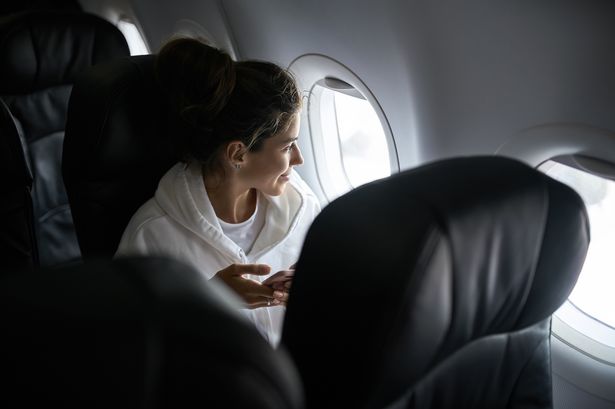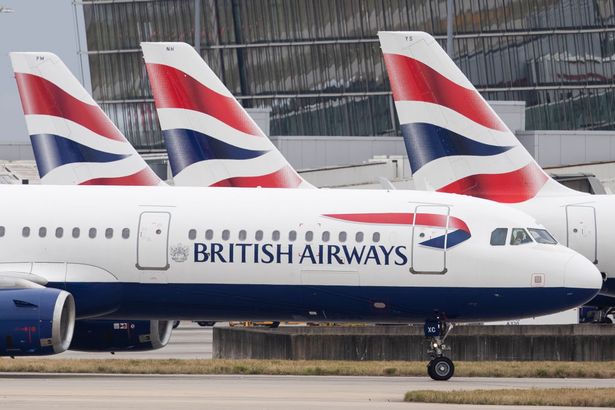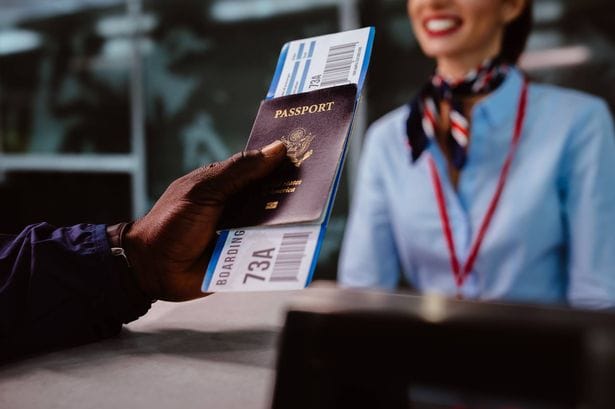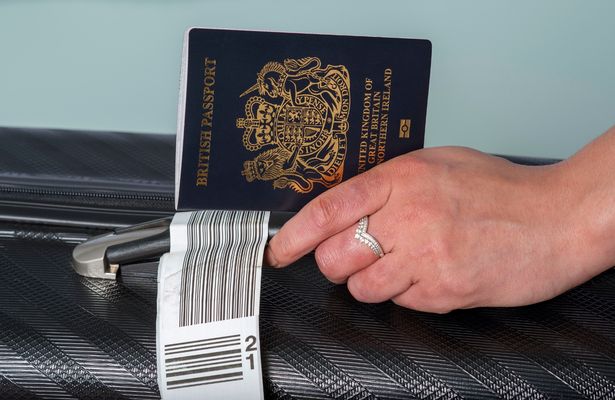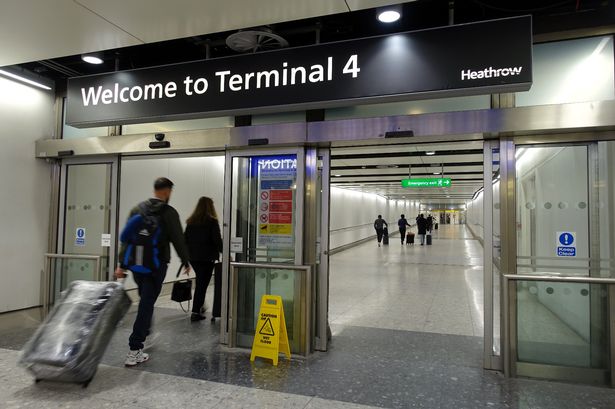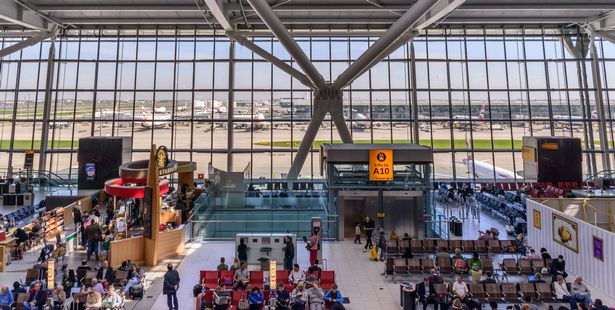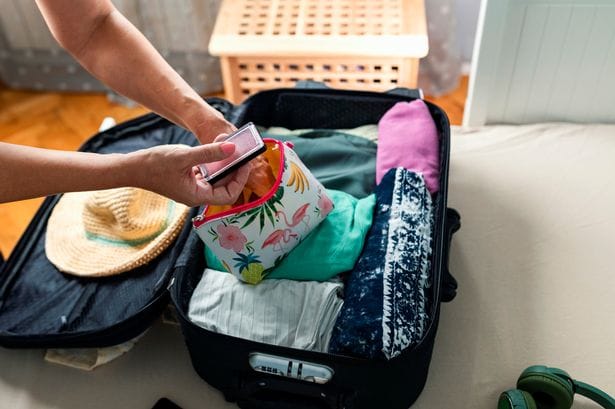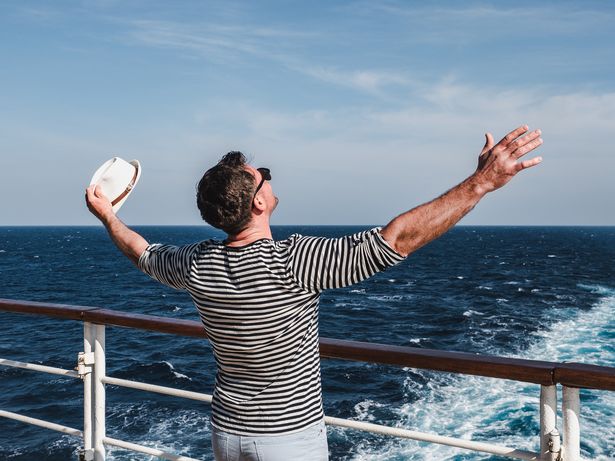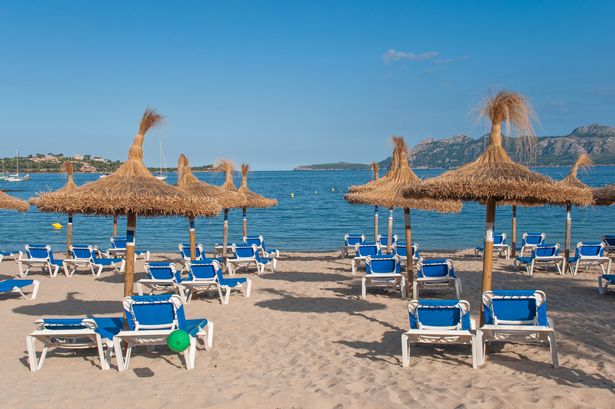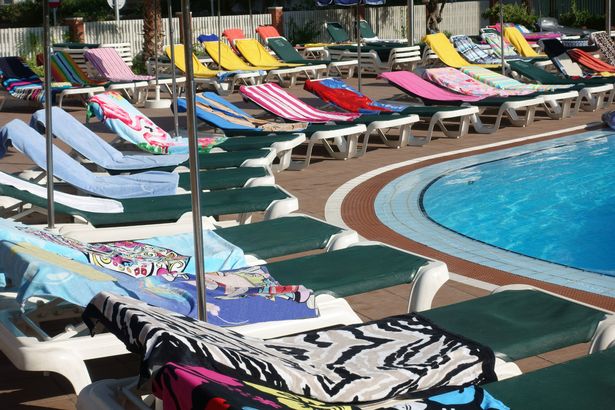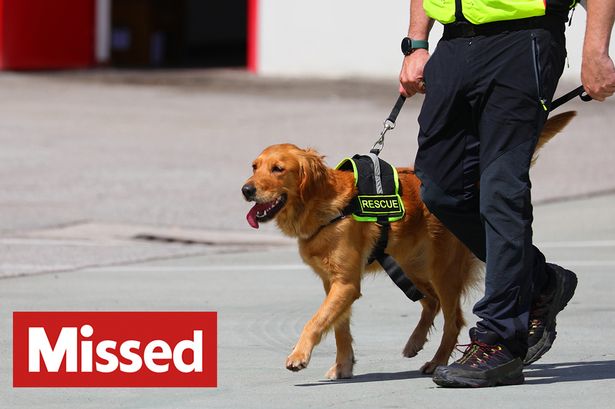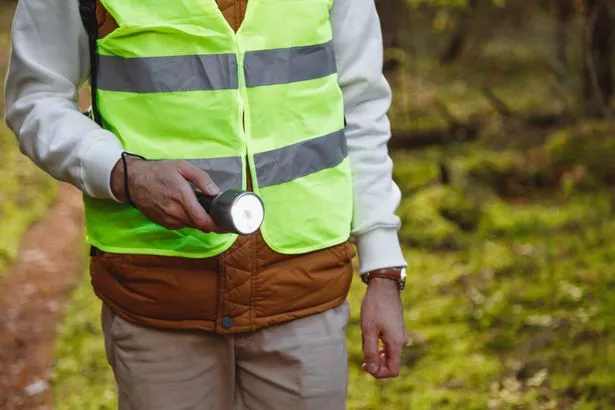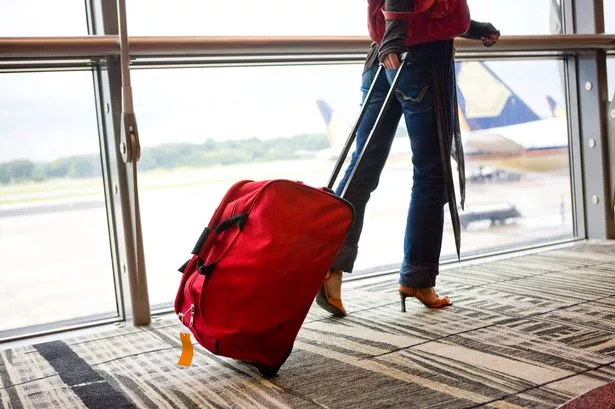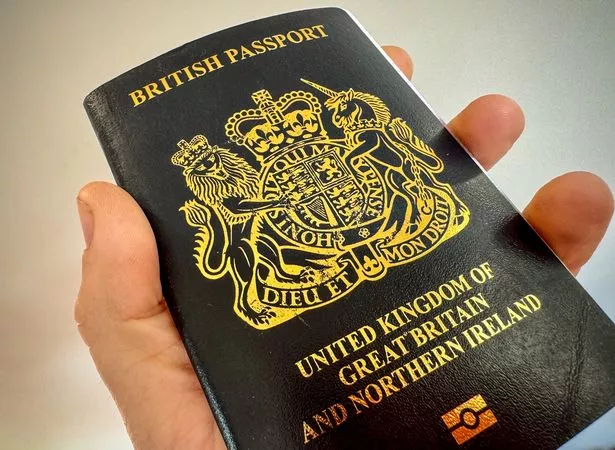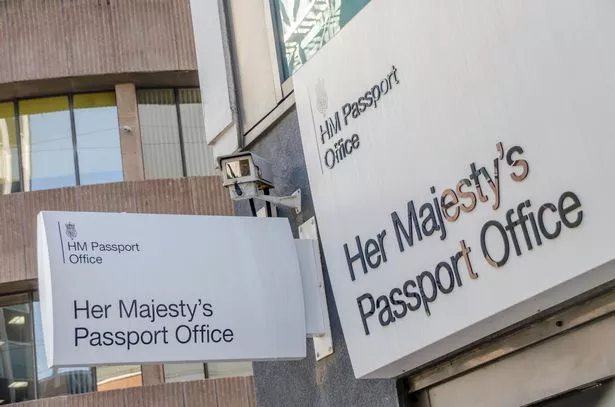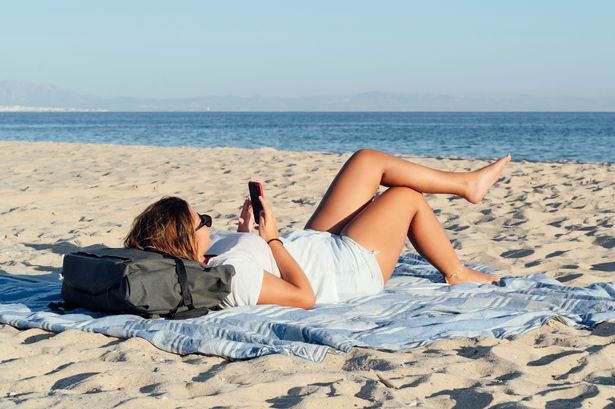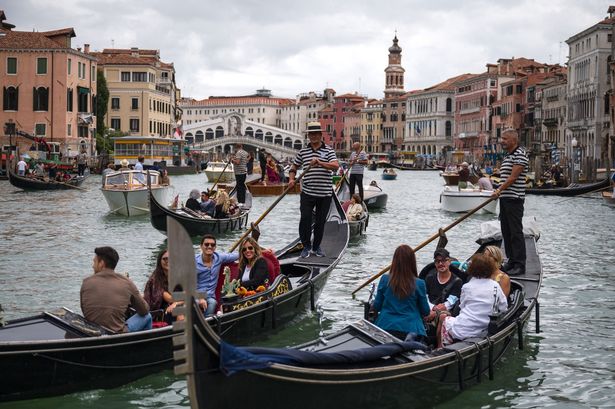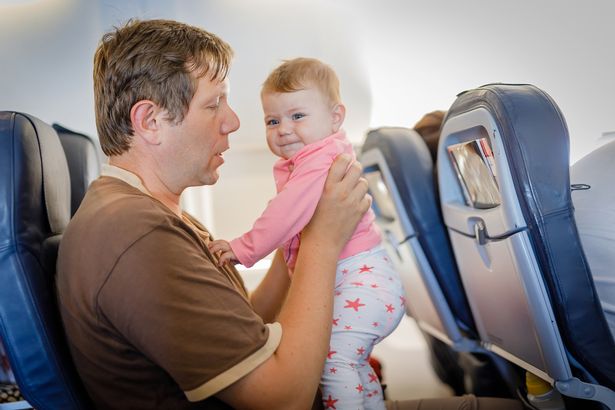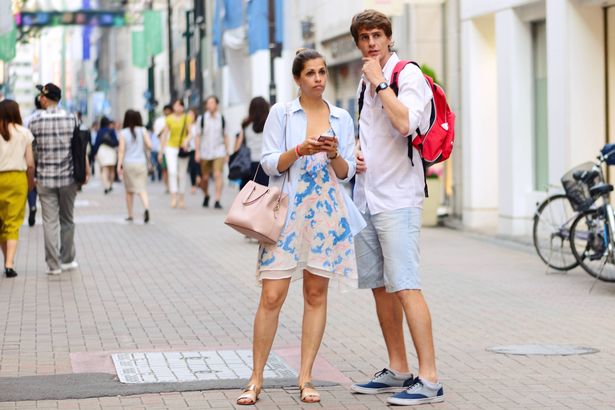A former British Airways cabin crew member has lifted the lid on the most germ-ridden parts of a plane – and passengers may be alarmed to realise it’s hard to avoid
A former British Airways flight attendant has revealed the dirtiest parts of a plane – and four of them are seat components in the cabin.
Jane Hawkes, a former flight attendant for British Airways, shared the best tips and tricks on how to make your journey as comfortable as possible – and has urged passengers to carry either a bottle of hand sanitiser or a packet of anti-bacterial wipes before sitting comfortably.
She added: “When travelling on a plane, where possible, avoid touching any areas unless you’ve sanitised them.” A small pocket-size bottle of hand sanitiser retails from around £1.22 – and can be bought in advance of from the departures lounge at an airport.
READ MORE: I was a check-in agent and this is how you can get a flight upgrade – but there’s a catch
It’s common to see airline staff racing around the cabin between passengers disembarking and boarding. During this quick turnaround, rubbish is picked up and a clean up is undertaken. This is along with all the routine checks they have to do.
It is a common belief that not every seat is scrutinised for its cleanliness, therefore, Jane has recommended anyone planning to fly this summer to carry hand sanitiser and anti-bacterial wipes in the hand luggage. This is so you can make sure your immediate area is germ-free.
The ‘worst offending areas’
And, according to Jane, she said: “Aircraft are only ever deep-cleaned if they’re taken in for maintenance.” Listing what she claims are the “worst offending areas”, she added: “The worst offending areas are tray tables, armrests, seas and headrests, so always give them a wipe down before using,” she added.
British Airways’ website states the airline ensures that all key surfaces are clean after every flight and all aircrafts are deeply cleaned every day. They explained: “The air on all British Airways flights is fully recycled once every two to three minutes through HEPA filters, which remove microscopic bacteria and virus clusters with over 99% efficiency, equivalent to hospital operating theatre standards.”
Another benefit of carrying anti-bacterial gel and wipes is that it could help prevent the spread of any illnesses – something that is relatively common on a flight due to the close proximity of people.
In Jane’s description of unhygienic practices on-board a flight, she also touched upon travellers who opt to take off their socks and shoes. She said: “Another ‘complete no-no’? Travellers who ‘take off their shoes and socks’ are breaking every etiquette rule in the book. ‘I’ve seen passengers walk barefoot around the cabin, yuck.”
READ MORE: Flight hack hated by airlines can save you £228 but there’s a catch
